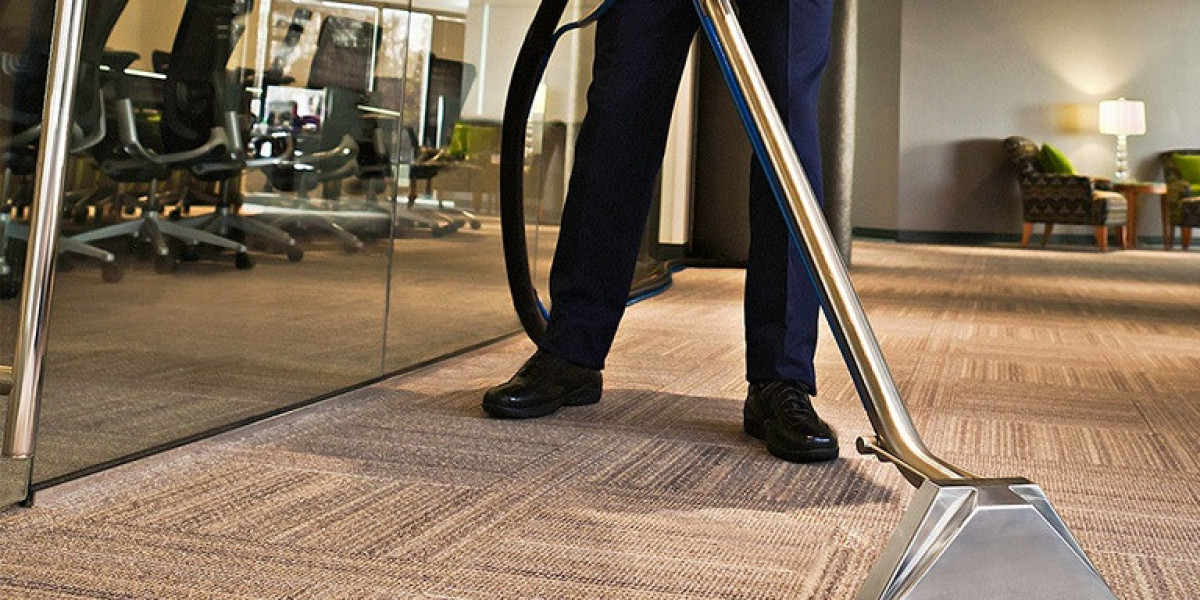Merchant Cash Advance: A Flexible Financing Solution for Small Businesses
In the dynamic world of small business financing, a Merchant Cash Advance (MCA) has emerged as a popular alternative to traditional bank loans. Particularly suited for businesses with consistent credit card sales, MCAs offer fast access to working capital with minimal paperwork. But while convenient, they come with specific costs and risks that business owners must carefully evaluate.
What is a Merchant Cash Advance?
A Merchant Cash Advance Industry is not technically a loan. Instead, it is a lump sum of capital given to a business in exchange for a portion of its future credit card or debit card sales. The advance is repaid either through daily or weekly deductions from sales or fixed withdrawals from a business bank account, depending on the agreement.
How It Works
A business applies for an MCA from a provider.
Once approved, the provider gives the business a lump sum (e.g., $50,000).
The provider collects repayment via a percentage (called a "holdback") of the business’s daily card sales or via ACH payments.
Repayment continues until the full amount—plus a fixed fee (not interest)—is paid back.
For example, if a business receives a $50,000 advance with a factor rate of 1.3, it agrees to pay back $65,000 ($50,000 x 1.3).
Key Features
| Feature | Description |
|---|---|
| Speed | Approval and funding can happen in as little as 24–48 hours. |
| Credit Requirements | Lower credit scores are typically accepted. |
| Repayment Terms | Based on a percentage of daily sales or fixed daily/weekly payments. |
| Factor Rate | Instead of traditional interest, MCAs use a factor rate (usually between 1.1 and 1.5). |
| No Collateral | Typically unsecured, so no personal or business assets are needed. |
Pros of Merchant Cash Advances
Fast Access to Capital: Ideal for emergency cash needs or short-term opportunities.
Flexible Repayment: Payments adjust based on sales volume—slower days mean smaller payments.
Minimal Paperwork: Often requires only bank statements and sales data.
High Approval Rates: Accessible for businesses that may not qualify for bank loans.
Cons of Merchant Cash Advances
High Cost: MCAs can be significantly more expensive than traditional loans.
Daily/Weekly Repayments: Can strain cash flow, especially during slow sales periods.
Lack of Regulation: Less oversight compared to traditional lenders means terms can vary widely.
Impact on Revenue: The fixed repayment amount can cut into profits, affecting operational stability.
Who Should Consider an MCA?
Merchant Cash Advances are best suited for:
Retailers and restaurants with high volumes of card transactions.
Seasonal businesses needing short-term working capital.
Startups or businesses with poor or limited credit history.
They are not recommended for long-term financing needs or businesses with tight cash flow margins.
MCA vs. Traditional Loans
| Criteria | Merchant Cash Advance | Traditional Business Loan |
|---|---|---|
| Approval Time | 1–3 days | 1–4 weeks |
| Repayment | Daily/weekly from sales | Monthly fixed payments |
| Interest Structure | Factor rate | Interest rate (APR) |
| Credit Requirements | Flexible | Strict |
| Cost | High | Moderate to low |
Final Thoughts
A Merchant Cash Advance can be a lifeline for small businesses facing urgent financial needs. However, it’s essential to weigh the pros and cons, read the fine print, and calculate the true cost of capital before committing. Business owners should compare financing options, including lines of credit, short-term loans, or equipment financing, to ensure the MCA is the most strategic choice.
Related Report -
Outdoor Payment Terminal Market
Mortgage Brokerage Service Market
Multi-Cloud Networking in Fintech Market
Musical Instrument Insurance Market
Natural Language Processing in BFSI Market
Operational Risk Management Consulting Services in Manufacturing Market








